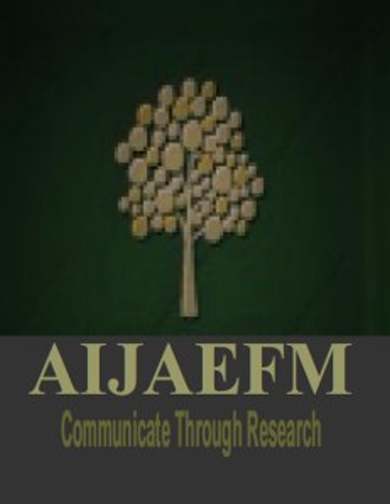Audit Characteristics And Financial Reporting Quality: Evidence From Listed Non-Financial Companies In Nigeria
Keywords:
Audit characteristics, Auditor type, Audit tenure, Audit firm size, financial reporting qualityAbstract
This study examines the effect of audit characteristics on the financial reporting quality of listed non-financial companies in Nigeria, focusing on how audit firm size, auditor type, audit tenure, joint audit, and audit committee independence influence the credibility and transparency of corporate financial reports. Using a causal (explanatory) research design with a quantitative approach, the study analyzed secondary data from the audited annual reports of 53 non-financial firms listed on the Nigerian Exchange (NGX) between 2012 and 2022. Panel data regression techniques, including fixed and random effects models, were employed, and diagnostic tests were conducted to ensure model adequacy and reliability. The results reveal that audit firm size, auditor type, and audit committee independence have positive and statistically significant effects on financial reporting quality, indicating that larger and more reputable audit firms and independent audit committees promote transparency and enhance reporting credibility. Conversely, joint audit has a negative and significant effect, suggesting coordination inefficiencies among multiple auditors, while audit tenure is positive but statistically insignificant, implying that the length of the auditor–client relationship exerts limited influence on reporting outcomes. Based on these findings, the study recommends that the government, through the Financial Reporting Council and Securities and Exchange Commission, strengthen audit regulations by enforcing stricter standards on auditor independence, firm rotation, and transparency to align with international best practices. Companies should engage reputable audit firms and maintain independent, competent audit committees, while non-governmental organizations should collaborate with professional audit bodies to promote awareness, training, and advocacy that enhance ethical compliance. Collectively, these measures will foster transparency, integrity, and accountability in Nigeria’s financial reporting environment.





